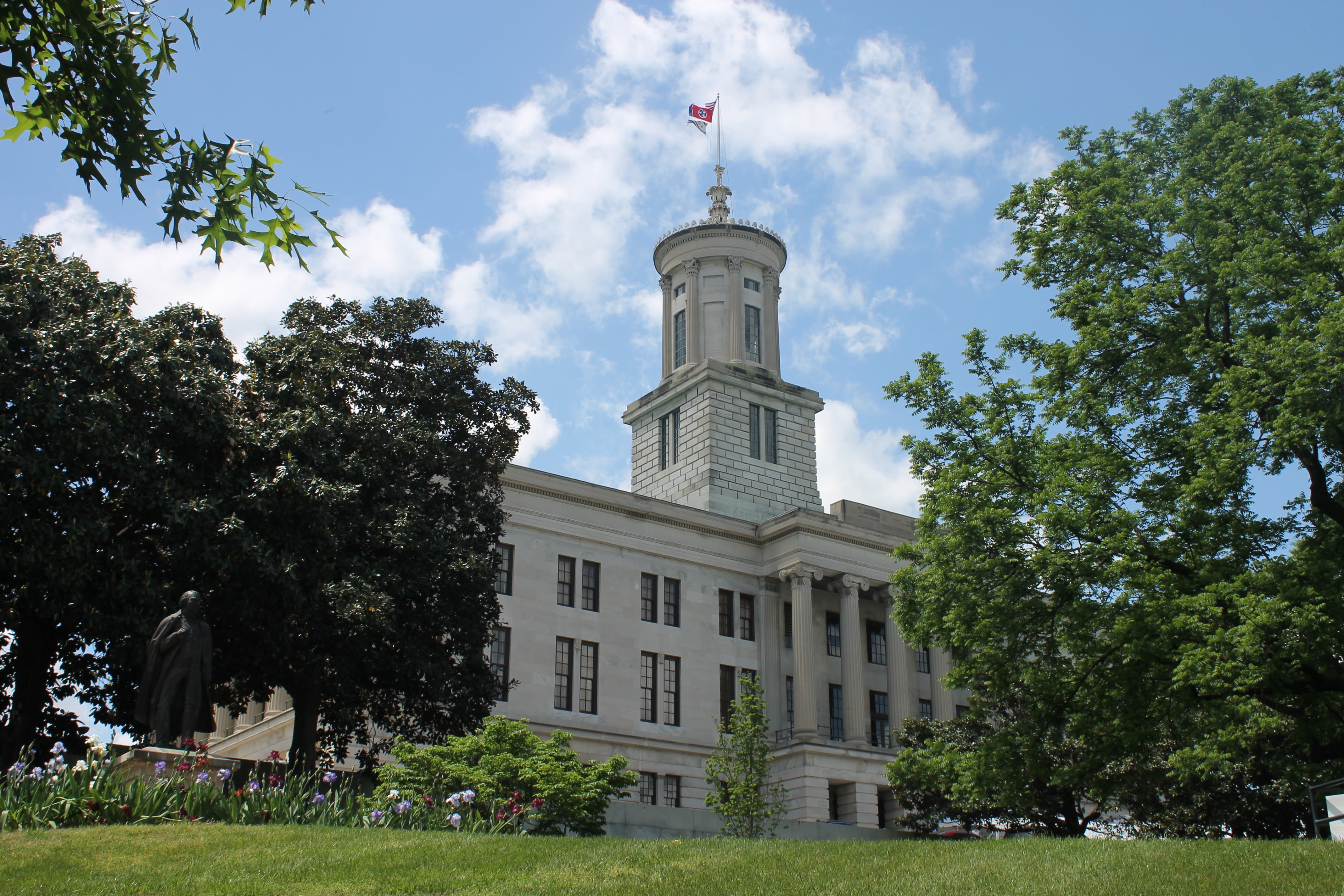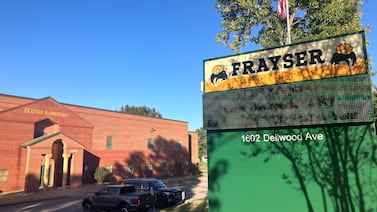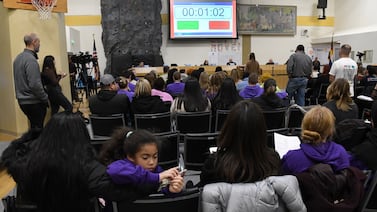Sign up for Chalkbeat Tennessee’s free newsletter to keep up with statewide education policy and Memphis-Shelby County Schools.
Tennessee lawmakers voted to advance a bill Wednesday that would allow public schools to check students’ immigration status and charge tuition to students who cannot provide proof that they are in the country legally.
The legislation aims to provoke a challenge to a 1982 Supreme Court decision that guarantees free public education for students regardless of immigration status. The lead House sponsor is Republican Rep. William Lamberth of Portland.
After a tense debate, the House Education Committee voted 11-7 to clear the bill, bringing it a step closer to a floor vote. The language of the bill also changed to align more with its companion bill in the Senate.
If passed, the legislation would give public schools and public charter schools the option to ask students for documents showing that they are U.S. citizens or legal residents, or are in the process of obtaining citizenship. If a student cannot provide this documentation, then the districts could charge the family tuition for enrollment, in addition to whatever taxes the family is paying to help fund public schools.
An earlier version of the bill would have allowed public schools to deny enrollment to students who are “unlawfully present” in the United States.
As Rep. Lamberth gave closing remarks ahead of the vote, he was interrupted by opponents of the bill seated in the hearing room, who began singing, “Jesus loves the little children, all the children of the world.” A young child walked up to lawmakers and began shouting, “You’re attacking my friends!”
The committee chair, Rep. Mark White of Memphis, yelled over the singing for lawmakers to cast their votes.
During the debate, several lawmakers spoke on the moral implications of the legislation.
“We should not put our children — the least of us, those that cannot do for themselves — in the middle of an adult battle,” Democratic Rep. Sam McKenzie of Knoxville said. “This is a bully bill.”
Rep. Lamberth said one purpose of the bill is to force a reconsideration of Plyler v. Doe, the 1982 Supreme Court decision that found states cannot prevent undocumented students from attending public school.
He also said that children who are “recent to the United States” cost more to educate.
“It is not fair to the rest of the families in that community that all do pay for that entire educational structure and that system to bear the brunt of those additional expenses,” Lamberth said.
Lawmakers opposing the bill pointed out that parents of undocumented children already contribute to the public coffers that help fund education. Undocumented immigrants in Tennessee contribute $314.2 million in federal, state, and local taxes, according to the Institute on Taxation and Economic Policy.
The fiscal impact of the bill is also uncertain, as it could put federal education funding on the line for Tennessee.
A Senate version of the bill is scheduled to be heard next in the Senate Finance, Means and Ways Committee, where more debate is expected.






